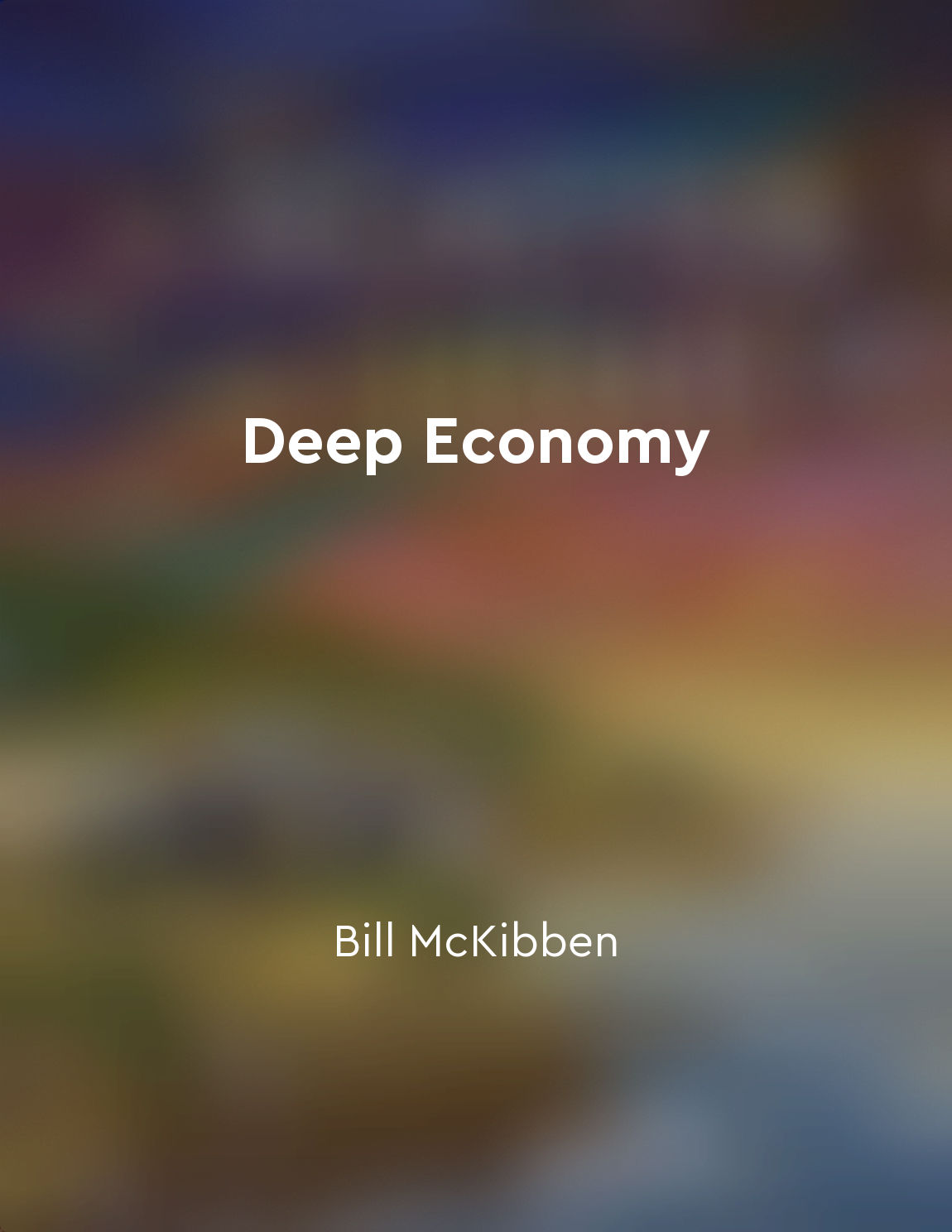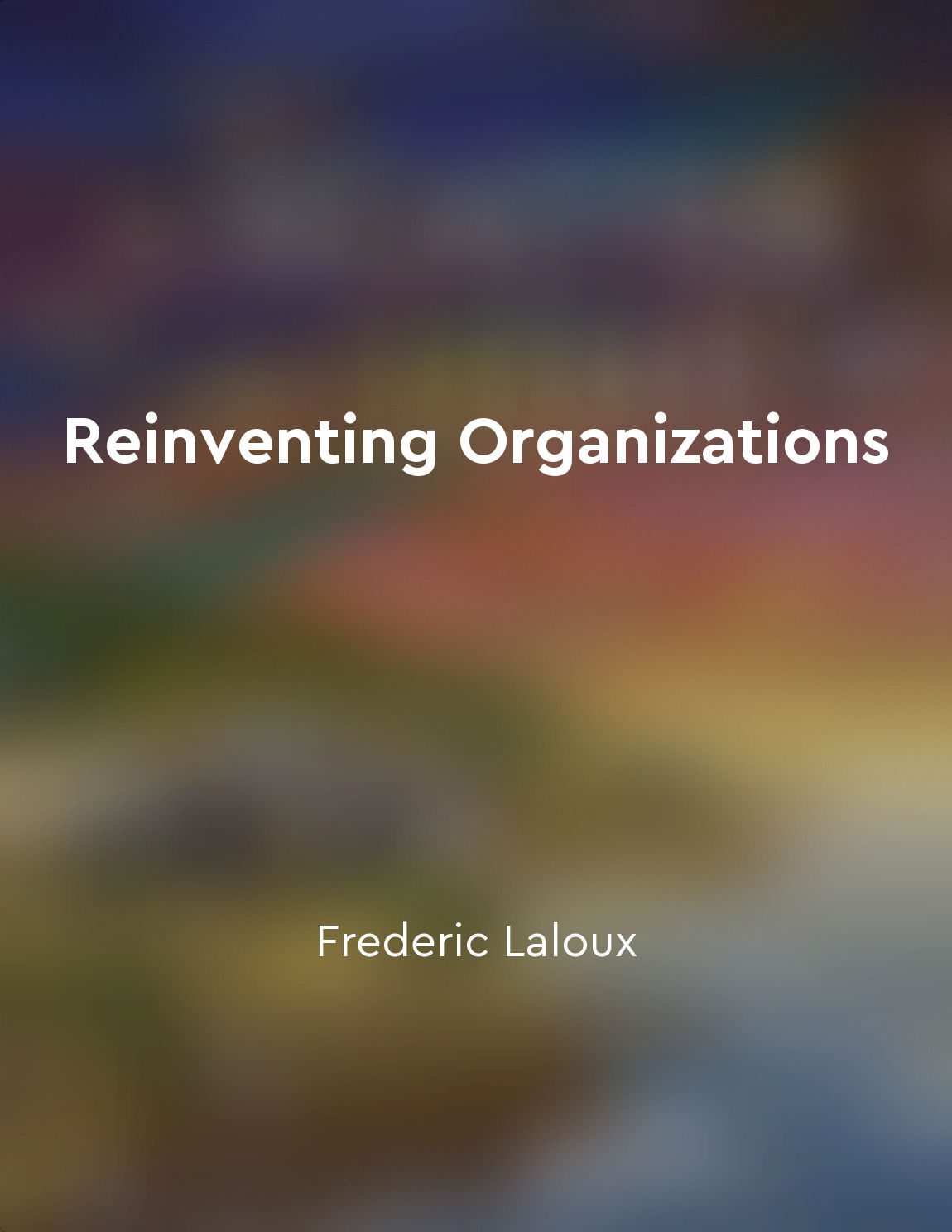Audio available in app
Localize decisionmaking for faster responses from "summary" of Antifragile by Nassim Nicholas Taleb
The idea here is that when you allow decision making to be decentralized, closer to the ground, you end up with faster responses. Imagine a large organization where every decision has to be approved by multiple layers of management. The process is slow and bureaucratic. By the time a decision is made, it may no longer be relevant. But if decisions are made at a local level, by people who are closest to the situation, they can act quickly and adapt to changing circumstances. When you centralize decision making, you create bottlenecks. Information has to flow up the chain of command and back down again, which takes time. And by the time a decision is made, it may be based on outdated information. But when decision making is decentralized, information can flow quickly and decisions can be made in real time. This allows for a faster response to changing conditions. The key is to trust the people on the ground to make the right decisions. This requires a shift in mindset, from one of control to one of empowerment. Instead of trying to micromanage every decision, leaders should focus on setting clear goals and guidelines, and then give their teams the freedom to act. This not only leads to faster responses, but also fosters a sense of ownership and accountability among employees. Decentralized decision making also allows for greater experimentation. When people are empowered to make decisions, they are more likely to try out new ideas and approaches. Some of these may fail, but others may lead to breakthroughs. By encouraging a culture of experimentation, organizations can become more adaptable and innovative. In a world that is constantly changing and evolving, the ability to respond quickly is a crucial competitive advantage. By localizing decision making, organizations can become more agile and antifragile, able to thrive in the face of uncertainty and disruption. It is time to embrace the power of decentralized decision making for faster responses.Similar Posts
Purposedriven organizations outperform competitors
Purposedriven organizations have a clear sense of why they exist, beyond just making money. This purpose serves as a guiding li...
Performance management is necessary for evaluating employee contributions
Performance management is a critical process in evaluating the contributions of employees within an organization. It involves s...
Evolutionary processes shape complex systems over time
In the grand tapestry of life, evolution weaves a dynamic pattern of complexity over the expanse of time. It is through the rel...

Gross domestic product is not a measure of wellbeing
The idea that gross domestic product (GDP) can accurately measure the wellbeing of a society is deeply flawed. GDP simply measu...
Understanding power dynamics can lead to strategic advantages
Power dynamics play a crucial role in the intricate web of human interactions. By having a keen understanding of these power dy...

Embracing diversity and inclusion
Embracing diversity and inclusion means recognizing and valuing the differences in people. It involves creating an environment ...
Power can be wielded in various ways
Power is not a fixed concept, set in stone for all eternity. It can be molded, shaped, and wielded in various ways depending on...

Evolving consciousness is at the heart of organizational transformation
At the heart of organizational transformation lies an essential truth that is often overlooked: the evolution of consciousness....
The Apache tribe is a prime example of a starfish organization
The Apache tribe embodies the essence of a starfish organization, showcasing key characteristics that set it apart from traditi...

A sense of purpose gives meaning to work and aligns individuals
When people have a clear sense of purpose at work, it can drastically change their motivation, engagement, and fulfillment. Thi...
